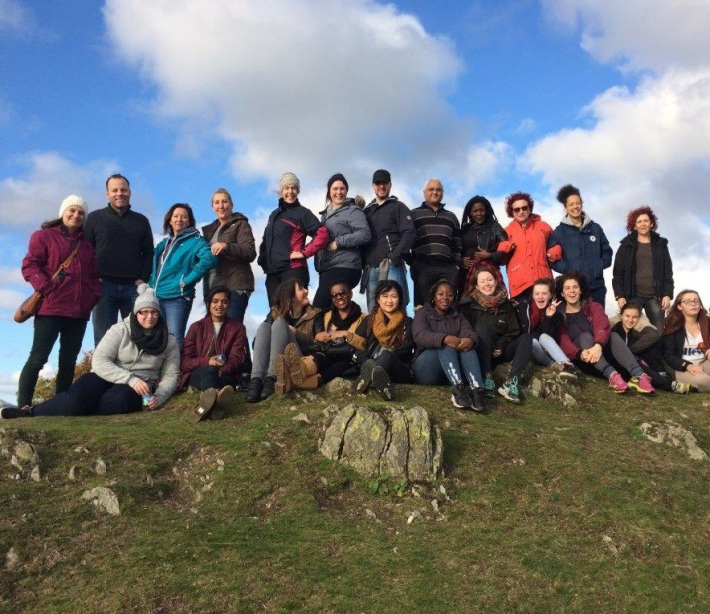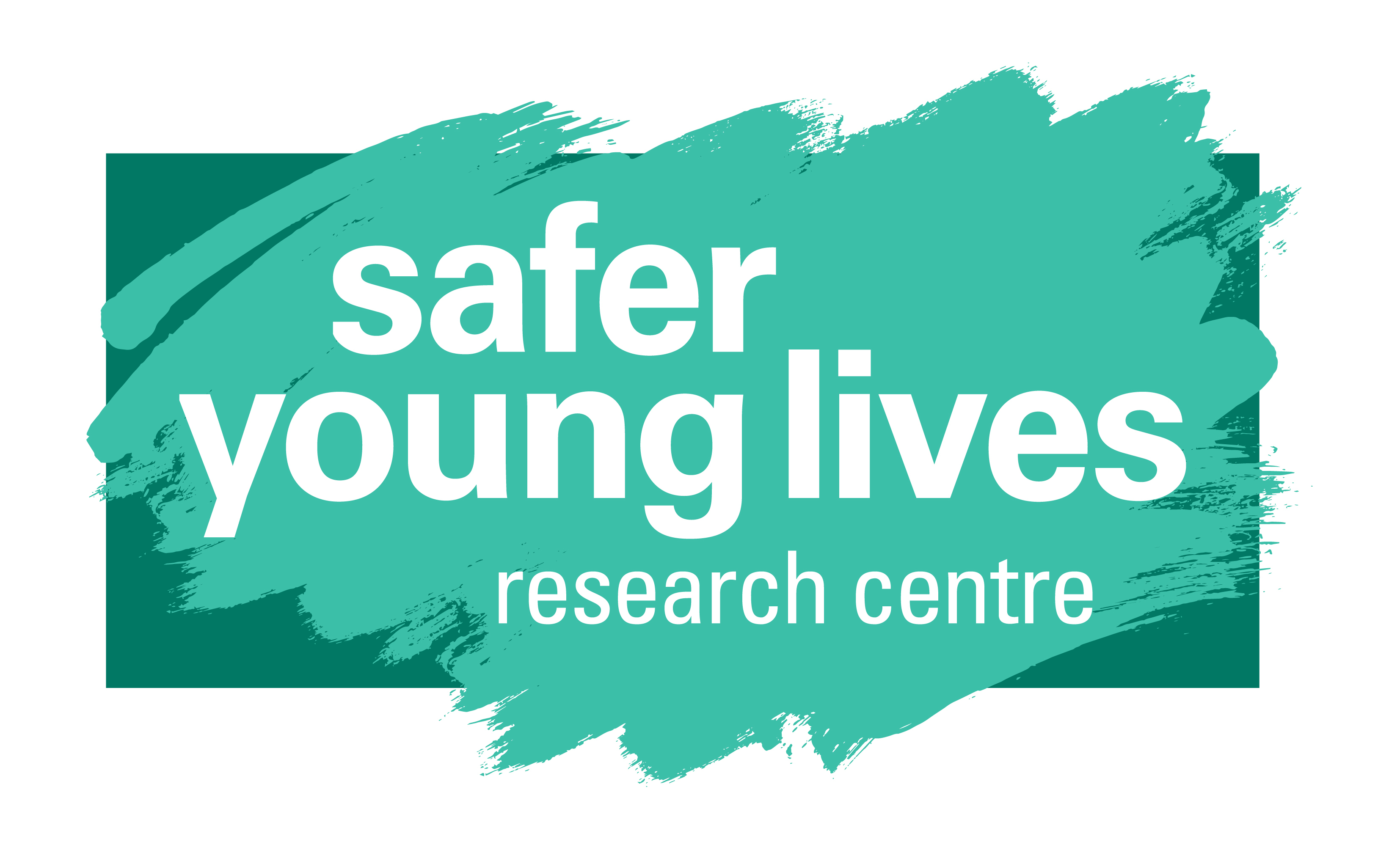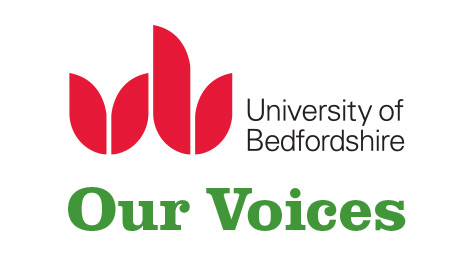Residential with Experts by Experience and Police

We are delighted to report that our residential with Experts by Experience and Police was a great success! Everybody involved was dedicated to the aims of the residential and the work achieved was outstanding. Below are some key messages from the residential:
Choice and control are key elements that always need to be considered:
“Ask what the victim wants to be done” (young person)
“Offer choice” (young person)
The police system needs to be more open so young people understand it.
The complaints process should be more visible and easy to go through.
Police need to improve their method of communication with young people:
“Talk to her like a human being” (young person)
“If you got quite friendly with an officer then they change in the interview room that could close everything down- explain to us that you have to behave differently before the interview” (young person)
“Explain everything”, “take it slow”- It can be “scary” and “embarrassing” (young person)
“Don’t make promises you cannot keep” (young person)
Improving first point of contact is really important:
“What people say sticks with you- if you are blamed for something you will start to believe it” (young person)
Not all police are as young people expect them to be:
“Police are actual humans” (young person)
Police and young people can work well as a team.
It’s about “marginal gains”:
“Small things make a big difference” (young person).
Reflections from the residential:
“It’s good to see a police officer being honest about their job” (young person)
“All police officers are not scary” (young person)
“I really enjoyed listening to young people’s views” (police officer)
“I will take away the desire and excitement for change, feels like it will happen” (police officer)
Background to the residential
One of the top themes identified by the initial strategic needs analysis undertaken by staff from the CSE & Policing Knowledge Hub was the issue of effectively engaging with young people affected by CSE, other forms of CSA and related vulnerabilities. As a result we have established our ‘Experts by Experience’ (EBE) group. These are young people from across the country who participated with us in a number of activities since the Spring to look at how the police can improve their safeguarding responses to young people. In October, this work culminated in a residential in the Lake District, where some of the EBE came together with officers from across the country to take this work forward and create solutions to some of the previously identified challenges. The aim of residential was to develop practical solutions to improve police responses to young people affected by safeguarding issues. The residential featured a combination of informal education and learning through workshop sessions which focus specifically on the aim of the residential and the wider EBE project, as well as Brathay’s outdoor activities.
What’s Next
We are hoping to build on this success and take forward the work from the residential at our Research Forum “Marginal Gains”: Improving police engagement with young people affected by CSE and other forms of CSA on the 22nd November.
For more information about this work please contact Fiona.Factor@beds.ac.uk






